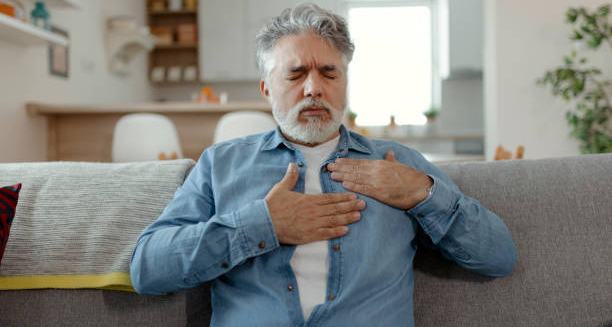Complications and Recovery from Coronary Heart Disease
Complications and recovery from coronary heart disease depend on how early the condition is detected and how effectively it is managed. While coronary heart disease can be life-threatening, prompt intervention and long-term care can dramatically improve outcomes and quality of life. Left unmanaged, the condition can progress to severe complications affecting not just the heart but other organs as well.
Potential Complications
Heart attack (myocardial infarction): A complete blockage of a coronary artery causes heart muscle tissue to die, leading to permanent damage and sometimes sudden death.
Heart failure: When the heart becomes too weak to pump blood efficiently, fluid can accumulate in the lungs and extremities.
Arrhythmias: Abnormal heart rhythms can cause fainting, dizziness, or even cardiac arrest.
Angina: Persistent chest pain that limits physical activity and affects quality of life.
Sudden cardiac death: In severe cases, an electrical malfunction in the heart can cause the heart to stop without warning.
Recovery After an Event
Recovery depends on the type and severity of the event:
After a heart attack, hospitalisation and a structured rehabilitation programme are essential.
Ongoing medication adherence is crucial to prevent recurrence.
Regular monitoring of heart function through follow-up visits, ECGs, and blood tests is part of ongoing care.
Lifestyle During Recovery
Physical activity should be resumed gradually under medical supervision.
A balanced diet and ongoing smoking cessation are vital.
Mental health support is often necessary, as heart disease is associated with increased rates of depression and anxiety.
Long-Term Management | Complications and Recovery from Coronary Heart Disease
Routine check-ups with a cardiologist
Blood pressure and cholesterol monitoring
Periodic stress testing or imaging if symptoms return
In conclusion, complications and recovery from coronary heart disease can range from mild to life-altering. However, with early treatment, medication, and lifestyle adjustments, most individuals can regain normal function and dramatically reduce the risk of future cardiac events.


